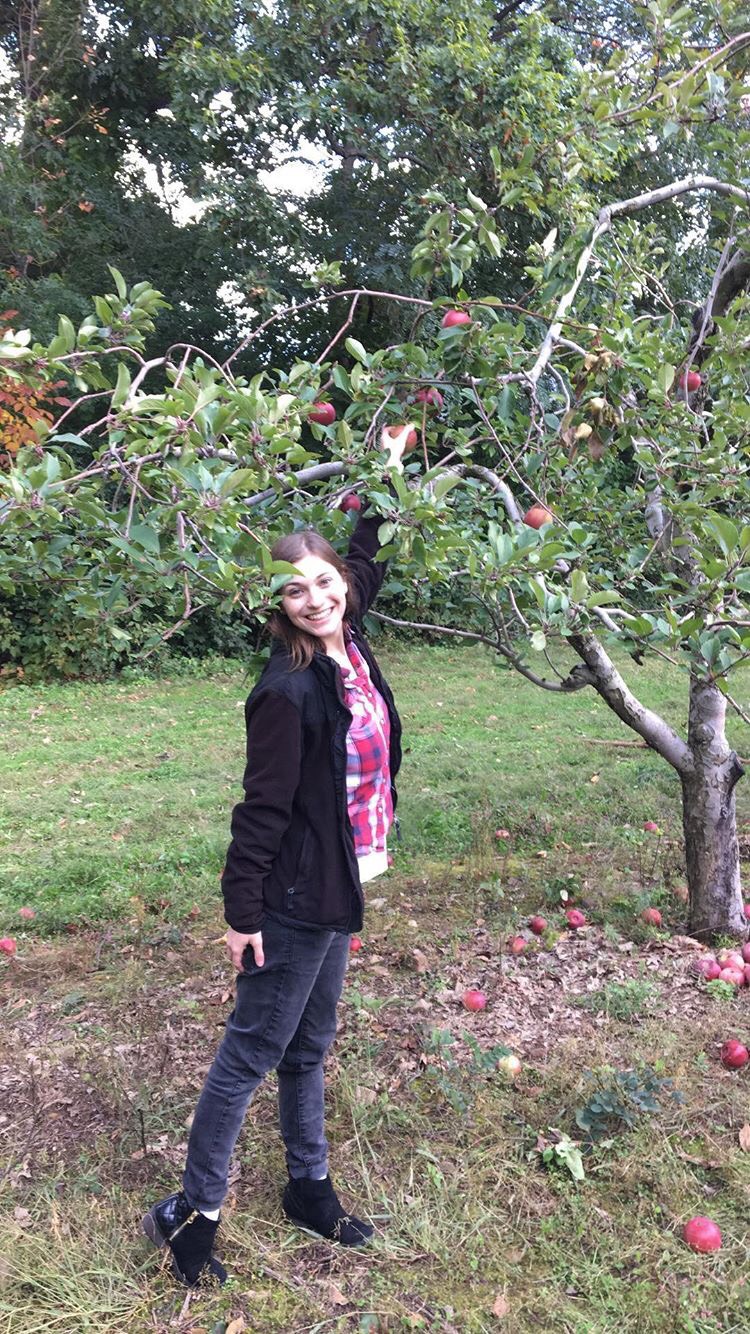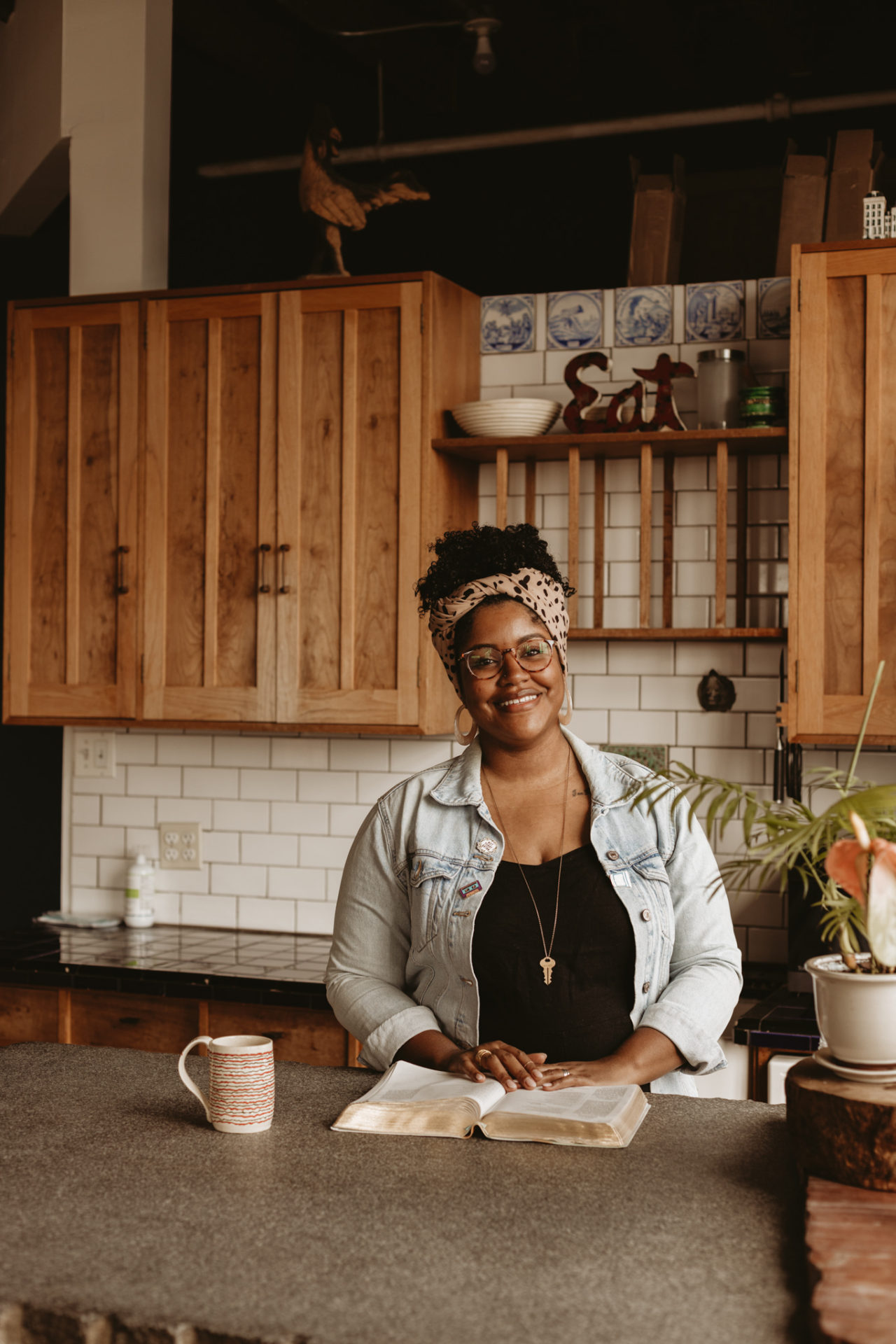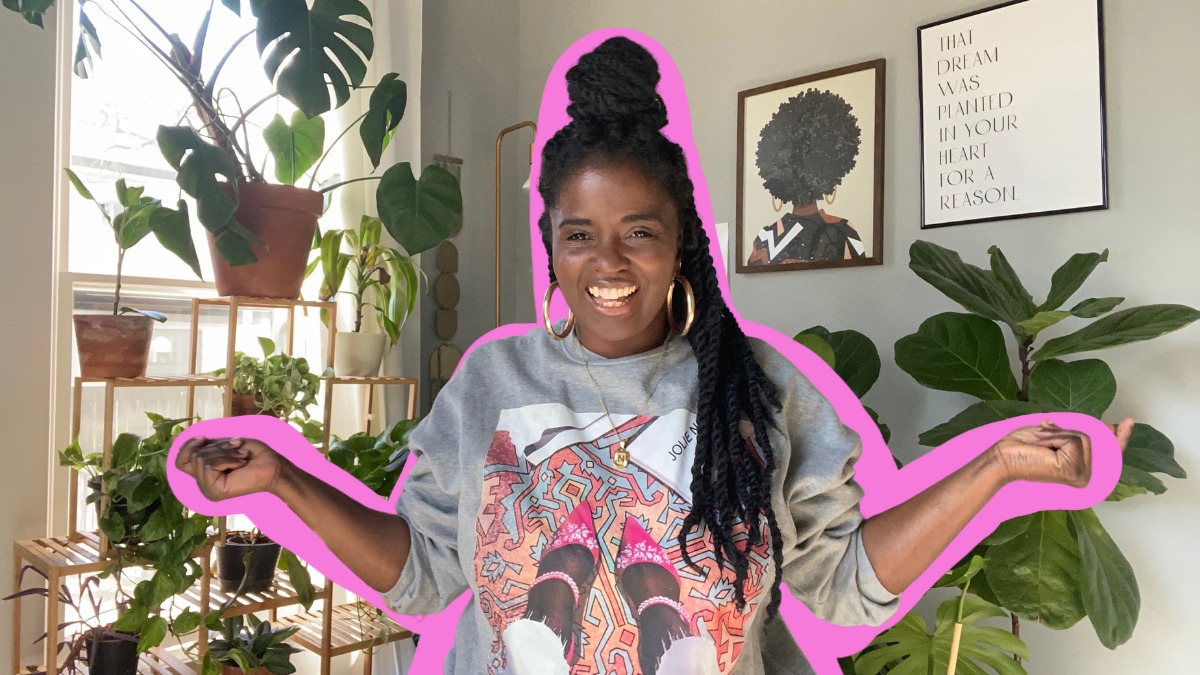Prioritizing Your Mental Health Over the Holidays

Written by Sandra Mueller
And so it is upon us once again: the holiday season. It seems like it happened overnight. Suddenly, holiday drinks are available again, holiday music is being played in stores (or your home), and holiday decorations are being hung (as early as November first!).
The holidays can be a busy and tricky time. Whether you have a crazy schedule to coordinate, travel to book, experience some loneliness, or have family dynamics to navigate, the holiday season, while joyous, may also be met with challenges. A significant one is making sure you are prioritizing your mental health.
Mental health has been a big buzzword as of late. For good reason: COVID-19 has significantly impacted the state of most people’s well-being, particularly in regard to mental health. It was shown that “use of outpatient mental health services, including psychotherapy, increased nearly 20% during the COVID-19 crisis, and spending on substance use disorder treatment increased by 10%.”[1] Additionally, rates of diagnoses have gone up, too. In the US, 40% of adults had symptoms of anxiety or depression.[2] This is a 30% increase from pre-pandemic times. This just displays how important it is to be intentional with this aspect of your health.


I want to help guide you through this season so that by the end you feel happy rather than drained.
Here are a few ways I take care of my mental health, particularly during the holidays:
Find joy.
Joy is a central theme of the holidays. Why not make sure it’s a part of your daily or weekly rhythm? You could be a tourist in your own city, get coffee with a friend you haven’t seen in a while, or watch every day of 25 Days of Christmas. Whatever brings you deep joy, find one thing every day.
Give back.
Volunteering or donating to good causes is a hallmark of this time of year. It fills our hearts with warmth and reminds us of all we have.
Create time for yourself.
So. Many. Parties. If you are being invited to things left and right, consider creating a bit of space in your schedule to do nothing. That space will be so life-giving.
Plan ahead.
This does not just apply to travel dates and cost. It also looks like confirming with your friends and family to figure out what they feel like doing this year. After such a long pandemic, making room to enjoy and celebrate with others is very important.
Make a bucket list.
Part of planning ahead is thinking through what you desire out of this season. Do you want to build a snowman? (Cue the Frozen music) Take a winter hike? Decorate the Christmas tree with your roommates? Have a karaoke Christmas party? Get a cool Advent calendar? Have a candlelit dinner every night of Hanukkah? The options are endless. To combat overwhelm and create space in your schedule, I’d commit to three to five things that are priorities for you on this list. It’s fun because you get to make it your own!
Occasionally choose comfort over cost.
It can sometimes be worth it to pick the comfort (getting takeout) over the cost (both time and money). If there are days in December where you are feeling particularly worn down and want to eat out, you have permission.
Notice your feelings and adjust.
How do you feel during the holidays? Busy? Overwhelmed? Joyful? Calm? Peaceful? Sad? Lonely? These are all valid emotions. There can be mix of feelings as we’re coming into the holidays depending on your personal preferences, personality, family of origin, memories, etc. I would encourage everyone to notice what emotions you are feeling. If you are feeling happy, amazing! Continue to cultivate the things that are bringing that out. Perhaps the feeling of overwhelm resonates better with you. Is there a way for you to notice the underlying reason for that? Understanding what’s going on may help you to feel a bit calmer.
Be intentional about self-care.
I feel like the busier we get, the easier it is to take self-care out of the equation. I know I can be guilty of that. Sleep is often the first thing to go when I have a lot to do. Rather than succumb to that, I would actually encourage more self-care. As our demands increase, our resources also need to increase. Self-care is a huge resource. There are many different kinds: physical (sleep, exercise, diet), emotional (processing emotions), relational (hanging out with friends, hugs), financial (spending less, finding ways to reduce debt), professional/vocational (doing work that matters, professional boundaries, work-life balance). If you can be intentional about one thing in each of these areas, you’ll thank yourself later.
Set clear boundaries.
Especially this time of year when our time is finite and the demands on it are high, it is really crucial for your mental health to know when you need to say no. Family time, in particular, can bring to light some areas that require us to advocate for our own needs. Maybe that means clarifying conversation topics and which ones are off-limits (such as politics, religion, relationship/marriage/kid status). Additionally, if you are work from home, it’s good idea to establish expectations around that as well.
Spend less.
Raise your hand if you have ever been stressed about money around the holiday season. I think most of us, at one time or another, have. It’s natural. It’s a lot of expenses all at once. It can be even harder if your budget is on the tighter end as it is. A way to alleviate this is to set limits on the amount of money spent on each family member. Another might be to give gifts that are homemade. There are plenty of ways to celebrate this season without breaking the bank.
Connect with loved ones.
For some of us, this is the first time back home for the holidays since COVID-19. This year has been so challenging because of our inability to connect as we normally would. Relationships can often combat some of the negative effects of stress. That was a particularly unique part of the pandemic: to stay safe, we had to keep our distance. Many of us were left feeling lonely and isolated, or if nothing else, our relationships were impacted by the change. Prioritizing time with our people is more important than ever, especially as we continue to process and deal with the lingering ramifications of the pandemic.
Reflect on the year.
It’s good to take stock at the end of the year. What was really good? What was challenging? It can give us a sense of clarity. What do we need to change to make the next year better than the year prior? Of course, some of this is out of our control, but it can be nice to take time, maybe even with others, to think through what this year has meant in your life and the ones you love around you.
Wishing you love, joy, and peace this holiday season!
Sources:
Related Resources
What I’ve Learned as a Therapist (Part 3): Do the Thing
If left to my own devices, I would live entirely in my head. I would imagine my life without ever having to risk the feeling of failure or embarrassment. I could create a whole world of dreams and goals that I’m passionate about within the confines of my imagination....
What I’ve Learned as a Therapist (Part 2): Knowledge Doesn’t Keep You From the Human Experience
“I should’ve known better,” is a phrase I’ve heard many times and said myself. It’s a statement made in frustration and often in pain about how something has impacted us, or a decision we’ve made that we wish could be different. “I can’t believe that impacted me so...
What I’ve Learned as a Therapist (Part 1): The Power and Problem of Simple Truths
There is great power in simplicity, or insight that’s distilled to its essence. I think about this a lot as a therapist because I find myself giving annoyingly simple recommendations to clients at times. However, oversimplification—paring something deeply complex...
